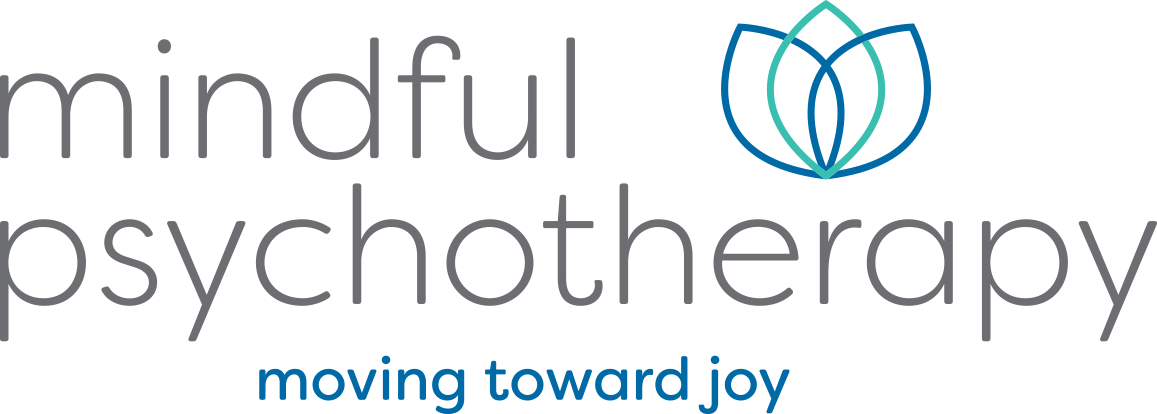EMDR: Highly Effective Treatment for Trauma.
EMDR is considered one of the most effective treatments for trauma by: The World Health Organization; The Substance Abuse and Mental Health Services Administration (SAMSHSA), an agency of the US Department of Health and Human Services (2011); The UK Department of Health; the US Department of Veterans Affairs and Department of Defense (2010); the American Psychiatric Association (2004); the Dutch National Steering Committee Guidelines Mental Health Care (2003).
Barbara Heffernan is an expert in EMDR and is an EMDR Approved Consultant, able to supervise other therapists being trained in EMDR. Barbara provided EMDR therapy in person and online for over a decade. Barbara no longer takes on psychotherapy clients and does not actively engage in EMDR therapy.
HOWEVER, Barbara incorporates the powerful techniques of EMDR in most of her online work, including her 1:1 coaching, her group coaching programs and her free PDF, Transform Your Negative Core Beliefs. Barbara’s YouTube videos are watched around the world by psychotherapists, healers, trainers and individuals seeking help for themselves.
HOW DOES EMDR HELP?
Traumatic incidents are stored differently in the brain than non-traumatic experiences. The emotions, thoughts and sensory perceptions which were appropriate at the time of the trauma can be triggered throughout the person’s life at times when trauma is not present. For a fuller description of trauma, please see our Trauma page.
EMDR assists clients in reprocessing traumatic incidents so they can be stored more functionally in the memory as solely a memory. EMDR also assists clients in uncovering the beliefs that developed as the result of the traumatic incidents, and helps them to remove these negative beliefs. The EMDR therapist assists the client in replacing the negative beliefs with positive, adaptive beliefs about themselves.
WHAT IS EMDR THERAPY LIKE?
The EMDR process begins in a similar manner to other psychotherapy techniques. After the therapist gathers some history and information about the client, the client highlights which memories they would like to target for the EMDR work. The therapist assists the client in uncovering negative beliefs which developed from those memories, and in determining what positive beliefs the client would prefer to hold. The therapist also assists the client in reaching back in time for other possible memories which support the negative beliefs.
Once the preparatory work is done, the client is assisted in recalling the memories while watching a light bar move back and forth. If the client is uncomfortable with the eye movements, the therapist can use sound or a tapping device to bilaterally stimulate the brain. The sets of bilateral stimulation of the brain are continued until the memory becomes less disturbing and the client feels more secure in positive thoughts and beliefs about themselves; for example, “I did the best I could.”
EMDR has in common with many other trauma treatment techniques the use of “dual focus,” where the client remembers the upsetting event while also being aware that they are in a safe environment, in the present moment. Further, the eye movements mimic the period of sleep referred to as “REM” sleep or “rapid eye movement.” This portion of sleep is frequently considered to be the time when the mind processes the recent events in the person’s life.
HOW EFFECTIVE IS EMDR?
EMDR has been extensively researched and developed, and studies consistently show that EMDR effectively decreases or eliminates the symptoms of post traumatic stress disorder for the majority of clients.
EMDR IS ALSO USED FOR ANXIETY, GRIEF, DISSOCIATION AND OTHER ISSUES
EMDR is also used in the treatment of numerous other conditions, including: panic attacks; generalized anxiety disorder; grief; dissociative disorders; phobias; eating disorders; performance anxiety; addictions; and stress reduction. For more information, please call Barbara at Mindful Psychotherapy LLC at 203-945-2340 to see if EMDR might be effective for you.
Useful Resources:
Virtual EMDR is a powerful online resource which allows people to benefit from EMDR in a self-help manner with guidance, with unlimited EMDR session per month. I am an affiliate of this program, and have used it myself. If you use this link and put AwakenJoy20 in the Promo Code box, you will receive 20% off.

